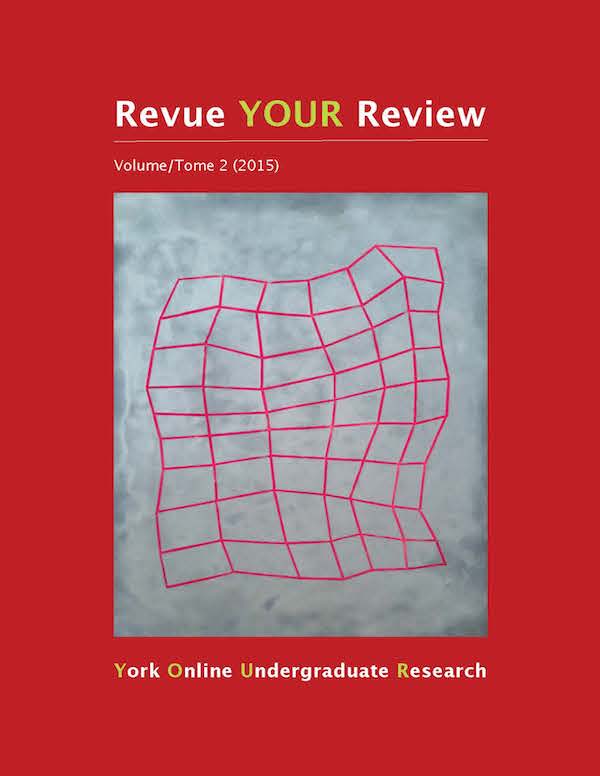Strange Women Lying Around in Ponds Distributing Swords Is not a Basis for a System of Government: How <i>Monty Python and the Holy Grail</i> Provides a Scathing Attack upon British Culture in the 1970s
Abstract
This topic was chosen as an “out-of-the-academic-box” approach to examining the volatile nature of British culture in the 1970s. Using satire as political commentary, Monty Python and the Holy Grail takes one of Britain’s best-known culturally referenced myths and attacks it via Britain’s almost-nationalistic brand of humour. Better known as comedy-by-embarrassment, this film’s use of awkwardness provides a skewed vantage point for investigating the changes lobbed at what constitutes Britishness by criticizing class, sovereignty, and, to a lesser extent, gender; racial tension, however, was glaringly omitted. This omission provided a unique aspect for studying this film as a cultural text.
The Holy Grail was definitely a product of its time that deftly used cultural or mythological history to criticize historical events, past and present. Its keen use of anachronism provides an effective mirror that reflects the modern 1970s British zeitgeist as a cauldron of confusion and discomfort. It is through this source of friction that one is both amused and somewhat reflective, thus begging the question, was what occurred in the British cultural past really much different from what is occurring here and now?
Downloads
How to Cite
Issue
Section
License
Authors contributing to Revue YOUR Review agree to release their articles under one of three Creative Commons licenses: Creative Commons Attribution 4.0 International; Creative Commons Attribution-NonCommercial 4.0 International; or Creative Commons Attribution-NoDerivatives 4.0 International. All editorial content, posters, and abstracts on this site are licensed under Creative Commons Attribution-NoDerivatives 4.0 International. For further information about each license, see:
https://creativecommons.org/licenses/
In all cases, authors retain copyright of their work and grant the e-journal right of first publication. Authors are able to enter into other contractual arrangements for the non-exclusive distribution of the e-journal's published version of the article (e.g., post it to an institutional repository or publish it in a book or in another journal), with an acknowledgement of its initial publication in this e-journal.


